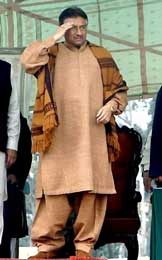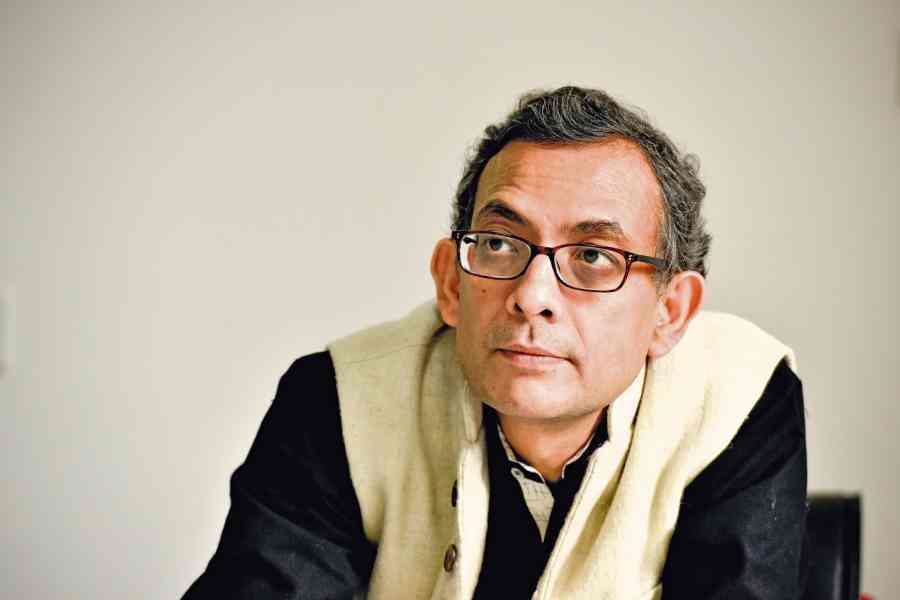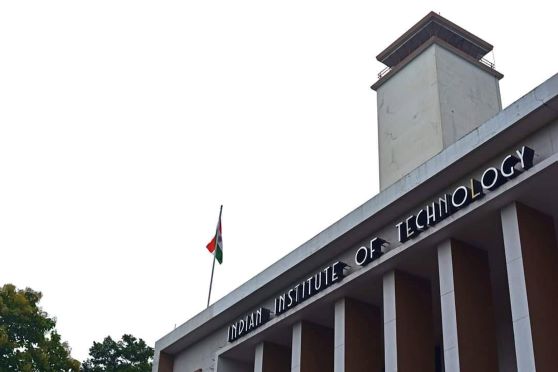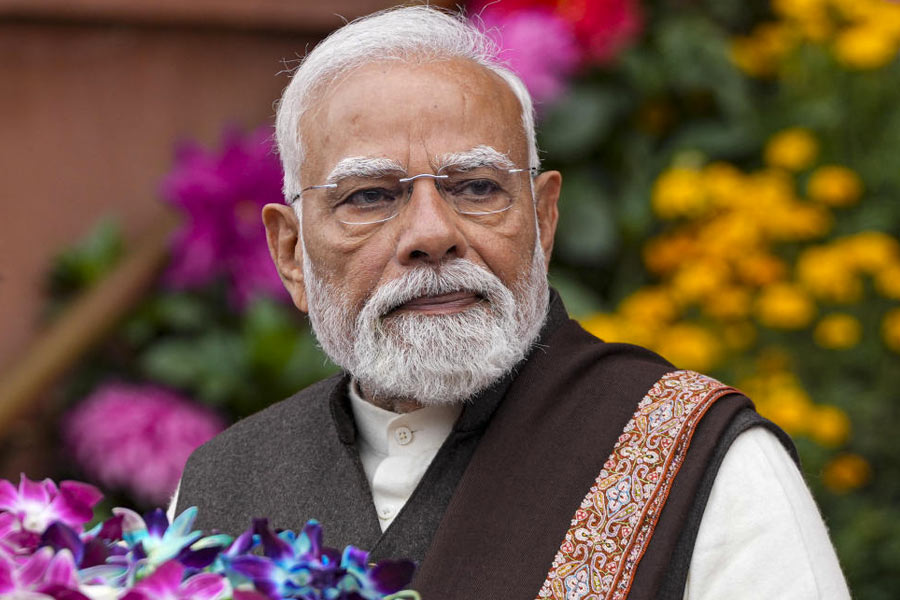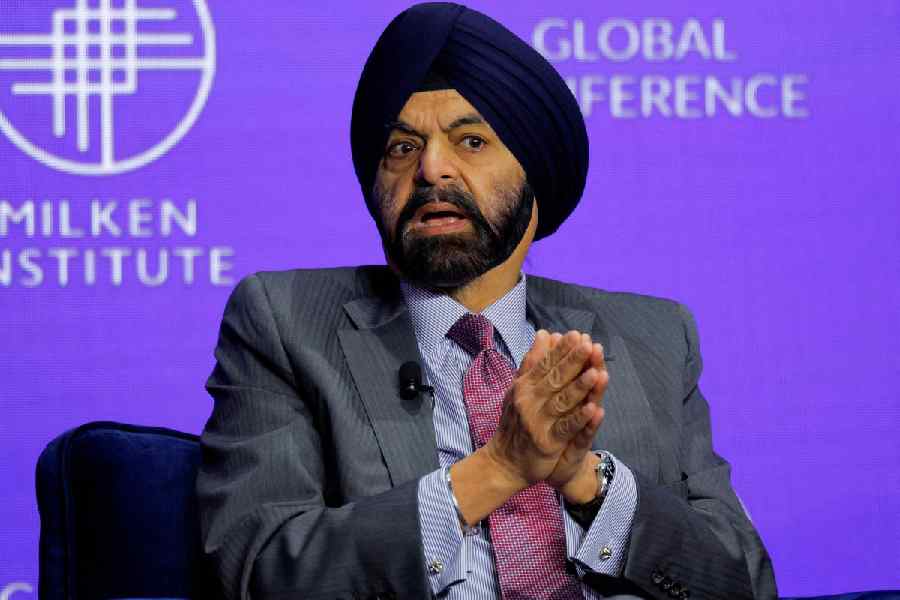|
|
| The dead are with us |
There is an old British cemetery in Kasauli, dating back to the 1890s, when the English built a line of cantonments on the Shivalik ranges to billet troops in the event of a war against the Sikh kingdom. This cemetery is a good way down the hill from the military hospital; few people bother to visit it. In my younger days, I went there to see which was the oldest grave. I could not find it as many marble tombstones had been stolen and the inscriptions on others had become illegible. Even in broad daylight, pine and yew trees cast eerie shadows. However, I found one epitaph on a grave which I thought was a good example of the sort of macabre humour only the Brits have. I memorized the lines: “Halt stranger, do not go by,/ As you are now, so once was I;/ Prepare therefore to follow me,/ As I am, so will you be.”
I was reminded of it by a novel I’ve just finished reading, A Twisted Cue by Rohit Handa. It begins with its chief character, an Anglo-Indian officer in the Indian army, trying to discover the identity of his English forefathers who had fought campaigns against Tipu Sultan and the Marathas. The cemetery yielded no clues; nor did the author notice the epitaph I have quoted. When he visited it, war clouds had gathered over the Indo-Pak skies. The Pakistanis had made incursions in the Rann of Kutch and were massing their army on the Punjab-Kashmir border. This was the prelude to the second Indo-Pak War of 1965, with the portly Marshal Ayub Khan leading the Pakistanis, and the puny Lal Bahadur Shastri leading us.
Handa’s descriptions of the cantonment town and its inhabitants — from the vegetable-seller, the newspaper vendor and a hotlier couple, to the brigade commander ensconced in the Flagstaff House and his parties where the military brass discuss the war over Patiala pegs of Black Dog Scotch whisky, are accurate and evocative.
Kasauli has been my summer home for well over half-a-century; I know its denizens including a succession of brigade commanders, as the cliché goes, like the back of my hand.
There cannot be a novel without a love story. Handa weaves it around three characters — two attractive women and a handsome Anglo-Indian officer who served the British during World War II and stayed on to serve the Indian army during its conflict with China in 1962 and Pakistan in 1965. He is Lieutenant Colonel Quintin Reginald Mulkally Oxley-Protheroe, M.C.MVC commanding officer, 38th Battalion, Brigade of the Guards.
The two ladies in his life are the comely Erica, daughter of an Anglo-Indian station-master of Ambala railway station, and the even more svelte Narayani Mehra, daughter of Sati, a Mangalorean-woman married to a Punjabi air force officer. She has a four-year old daughter, Lakshmi, and her marriage is on the rocks. As a volunteer, she had nursed Mulkally in the Tezpur military hospital. They meet again in Delhi and their infatuation gets a second lease of life.
Just as the war is about to begin, Mulkally avails of the leave due to him to do some fishing and kill a snow leopard or two, before joining his battalion on the Kashmir front. Narayani agrees to go with him and consummate their relationship. The war starts; Mulkally repels the Pakistani advance, gets yet another decoration and is elevated to the rank of brigadier. But his adulterous affair with a brother-officer’s wife gets known and he knows he will be cashiered. Narayani knows she will lose the custody of her daughter to her husband. She flees to the United States; Mulkally flees to Australia where he gets together with Erica Green, now an air hostess with Quantas Airways.
Handa had more on his mind than a love story. At first, it seems he meant to write about the dilemmas of Anglo-Indians and the raw deal they got from both the British Whites and the Indian Browns. He does this with great perception and sympathy. But the many digressions into history, Buddhism, Hinduism, the Hindu-Muslim divide, Partition and much else, show that he meant to write the definitive Indian novel using a love-story as a sugar-coating. He does not succeed in doing so.
Although he provides much food for thought, his penchant to lampoon all those who cannot speak English as it is spoken in Buckingham Palace is off-putting; he mimics regional accents and reduces real people to caricatures. Nevertheless, Handa has written a very readable novel which holds the readers’ interest from start to finish.
Remembering Bunchi
His close friends knew him as Bunchi; he liked to be called Nirmal; anyone who wanted to annoy him called him Edward. His full name was Edward Nirmal Mangat Rai. His father belonged to a prominent Khatri family of Multan. He converted to Christianity and married a Bengali Christian lady doctor. They had four children, all of whom attained some measure of distinction.
The eldest, Priobala, ended up as the first Indian-Pakistani principal of Kinnaird College, Lahore. The second, Charles Rajinder, rose to be a brigadier in the Indian army. The youngest, Sheila, married Arthur Lal of the ICS..
Bunchi Mangat Rai came into my life in 1930 when we found ourselves in the same class in St Stephen’s College, Delhi. We became close friends. From my side, it was hero worship because he was much the brightest student in college. Three years later, we resumed our friendship in England where he joined Keble College, Oxford. He literally walked into the ICS with the incredible achievement of being the only candidate, English or Indian, to score full marks in English essay: 200 out of 200.
Mangat Rai opted for the Punjab. He rose to be chief secretary under Pratap Singh Kairon and was later chief secretary, Jammu and Kashmir. Then he came to the Centre and was made special secretary in the petroleum ministry. During Morarji Desai’s short premiership, Nayantara Sehgal (Vijaylakshmi Pandit’s daughter) was offered the ambassadorship to Rome, provided she married Mangat Rai with whom she was living, after both had divorced their spouses. She married Mangat Rai and was ready to leave for Italy when Desai’s government fell and Indira Gandhi returned to power. The first thing Mrs Gandhi did was to cancel Nayantara’s appointment as ambassador and sidelined her husband by refusing to make him full secretary and forced him to retire. Mrs Gandhi was a very vindictive women: she loathed her aunt and all her family.
Mangat Rai was, by all reckoning, a very able and honest administrator. His forays into literature did not meet the expectations of his friends who thought that his academic brilliance would easily translate into literary excellence. He wrote on administration, as also a detective novel and published a compilation of his correspondence with Nayantara Sehgal before they were married. All made very second-rate reading.
His wife’s achievements put him in the shade. His emotional life was messy. He was always a hard drinker, and could put down half-a-bottle of whisky every day without showing any sign of drunkenness. But the drink took its toll. Mangat Rai gradually sank into senile dementia and was bed ridden for over a year before he died. It is strange that though I had been close to him for most of the 70-odd years of our lives, I got the news of his death from Sarjit Kaur who rang me up from Washington to tell me about it. She got it on the internet. Mangat Rai and I were the same age.

